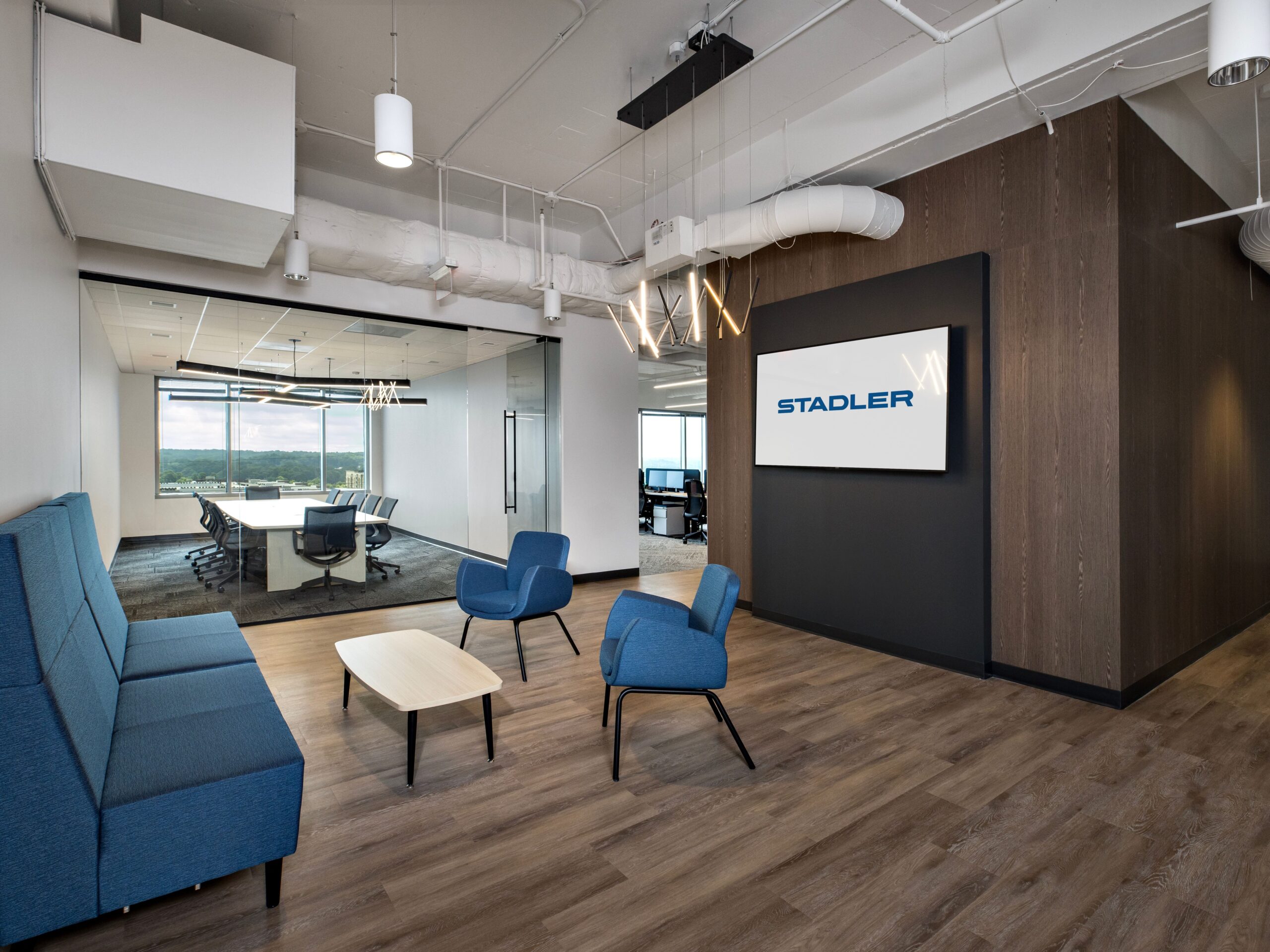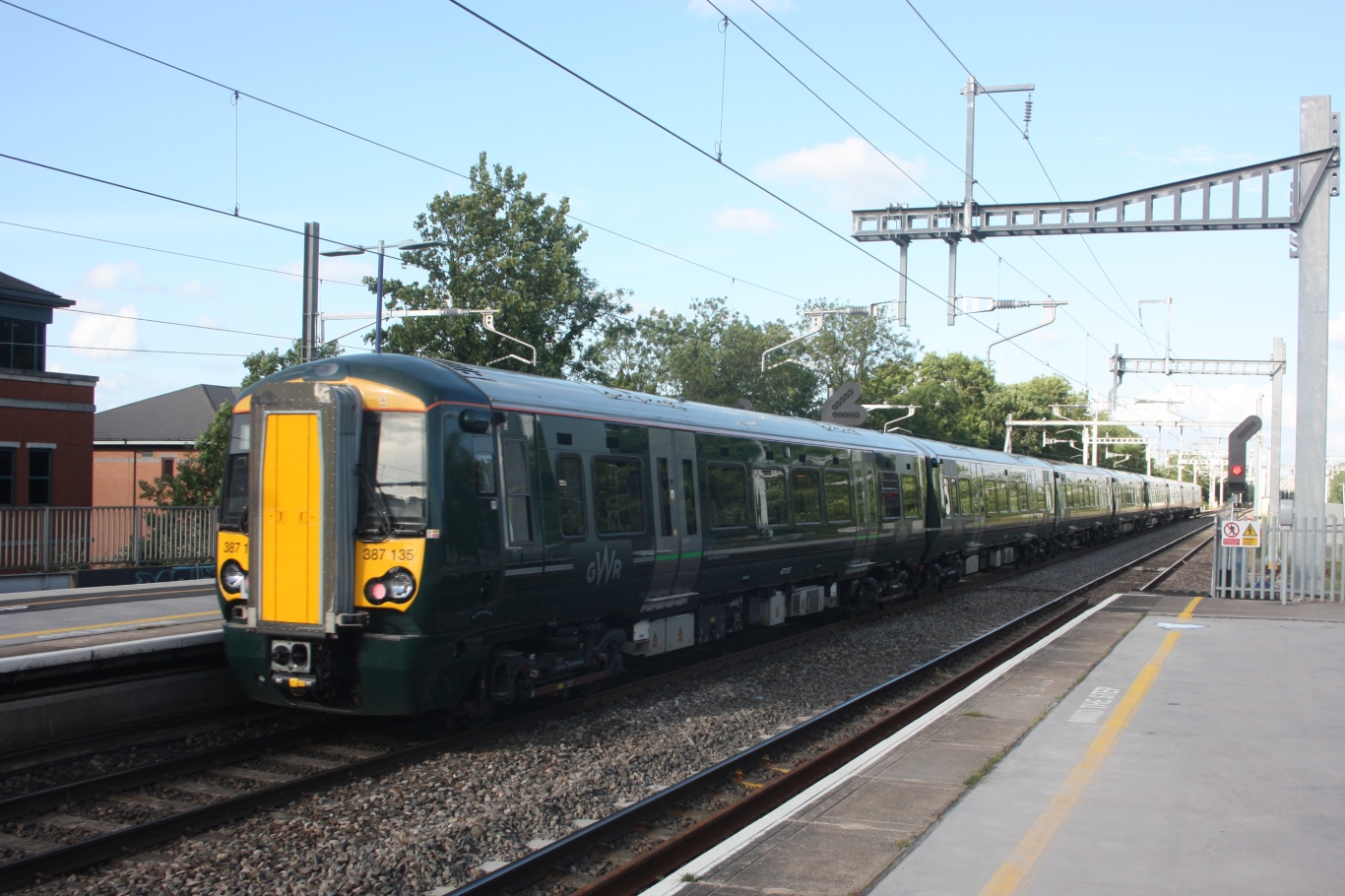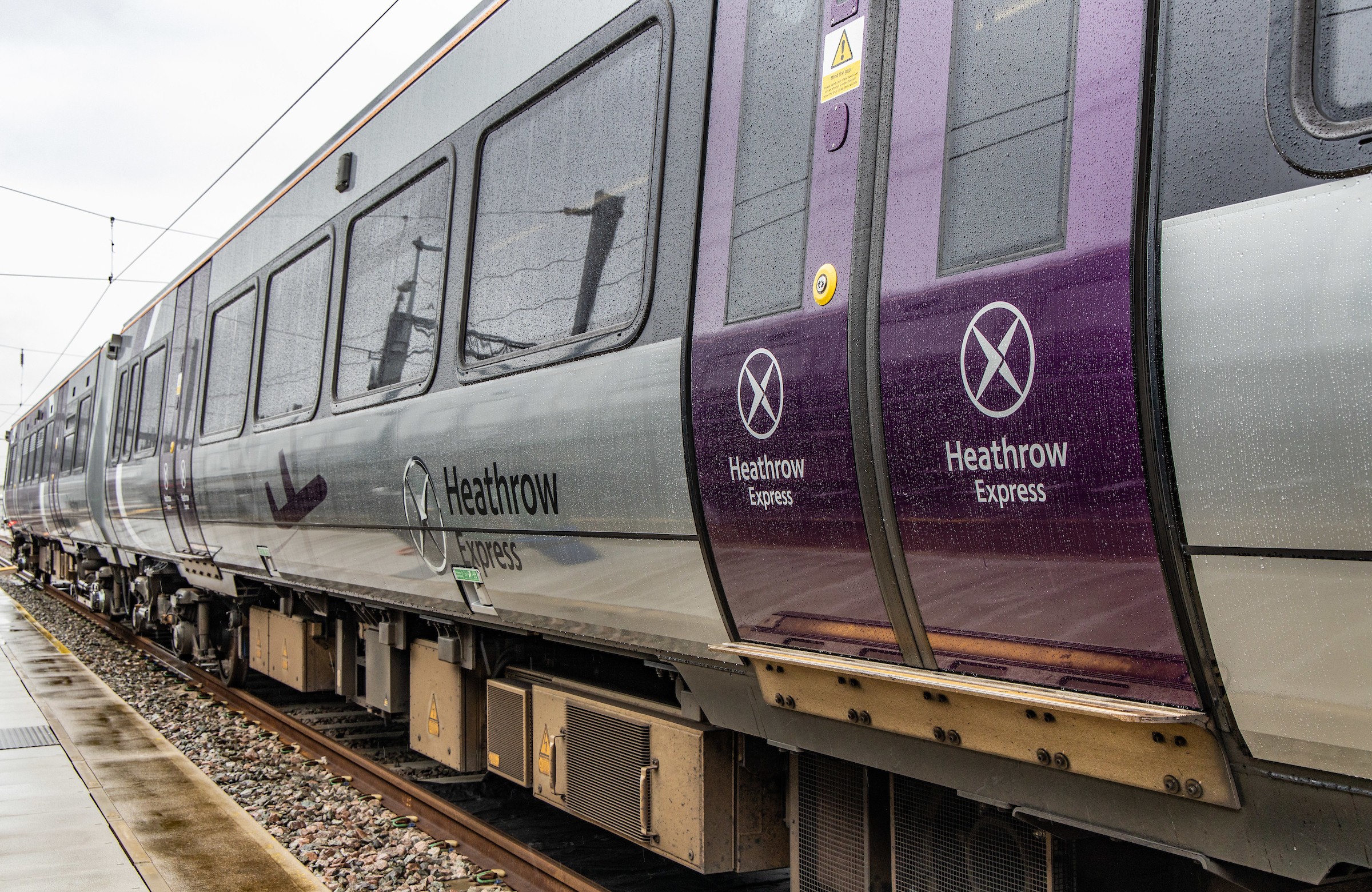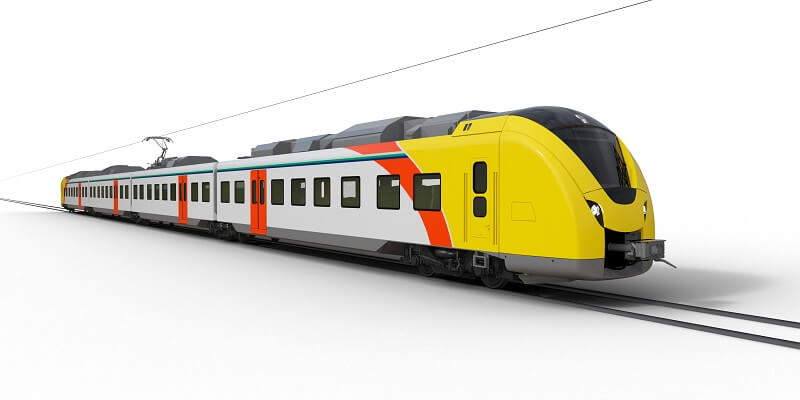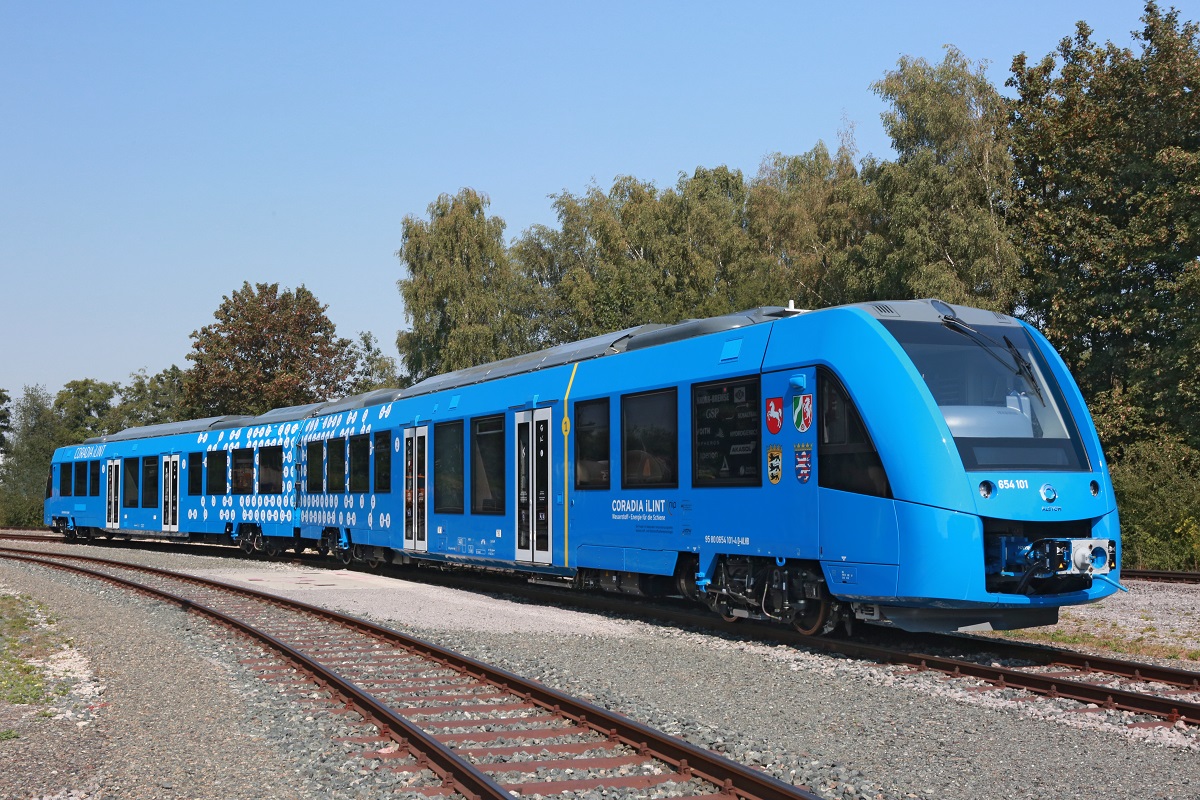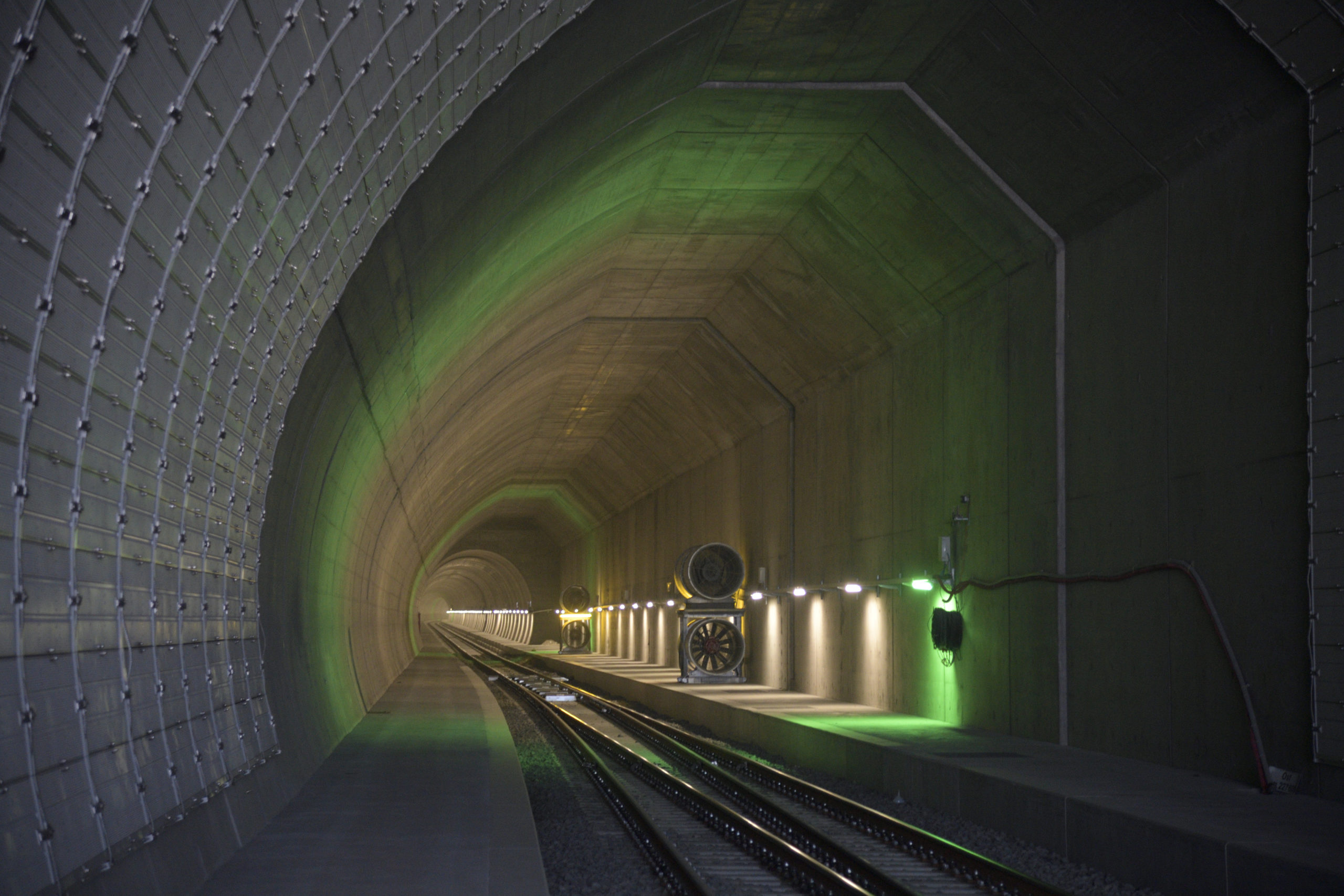The German Federal Ministry for Economic Affairs and Energy (BMWi) has awarded Alstom an innovation prize for a planned test project to implement Automatic Train Operation (ATO) in the daily operation of regional passenger services.
Alstom will start this project in 2021 together with the Regionalverband Großraum Braunschweig, the German Aerospace Center (DLR) and the Technical University Berlin (TU Berlin). It will run for three years. The test trains will operate between Braunschweig and Wolfsburg.
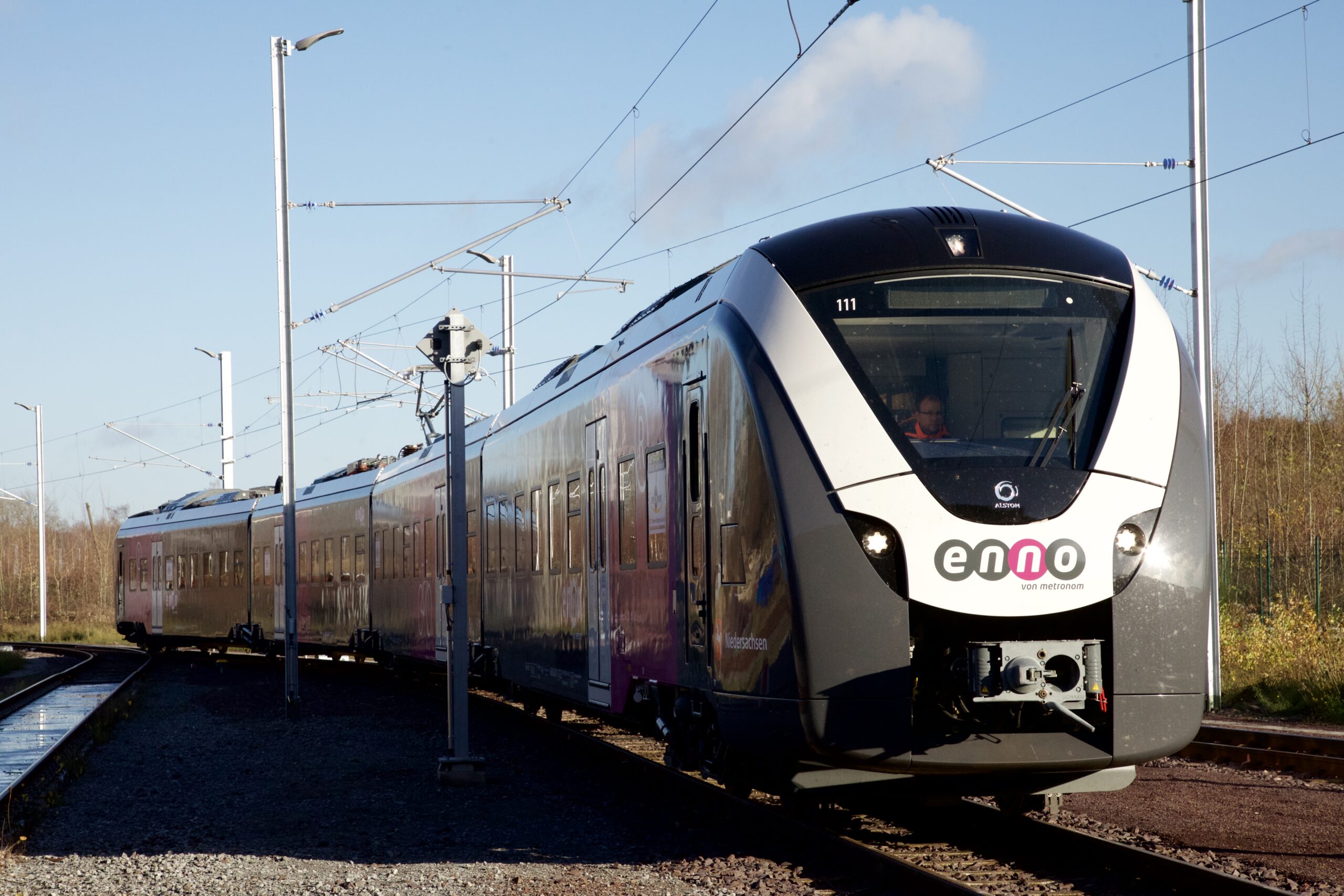
After the selected tracks and equipment for ATO have been evaluated, the testing will take place in collaboration with Metronom Eisenbahngesellschaft, a train operating company in Lower Saxony, and two Coradia Continental regional trains, which belong to the Regionalbahnfahrzeuge Großraum Braunschweig GmbH. ATO is well established on metro system. However, this test will be a world first for automatic train operation on regional passenger trains.
Jörg Nikutta, Managing Director, Alstom Germany and Austria, said:In the future, automated trains will optimise regional rail operations, reduce energy consumption, and increase ride comfort. In this way, highly automated driving will make a decisive contribution to climate protection and contribute to the development of a modern, attractive railway system. Following the development and successful testing of the world's first hydrogen train Coradia iLint, Alstom is once again the innovative driver in rail transport with the pilot for regional trains in automated operation.
The two Coradia Continental trains will be equipped with ETCS and additional ATO equipment. This will allow the trains to operate automatically. Alstom will be able to test different grades of automation (GoA): GoA 3 during passenger operations and GoA 4 during shunting.
Under GoA 3 operations, a train runs fully autonomously; however, there is still an attendant on board who can intervene should there be an emergency. GoA 4, meanwhile, stands for unattended operation. No staff are on board, however, an intervention can still take place remotely.
Bernd Althusmann, Lower Saxony's Minister for Economic Affairs and Transport, said:After the successful operation of the fuel cell train in the Elbe-Weser Triangle, the Alstom site in Salzgitter is once again setting standards for tomorrow's local transportation with this project. The fact that we in Lower Saxony are now able to drive forward the testing and mobility of the road is a decisive step for the future of passenger transport by rail. The new model project promises a high degree of innovation, which we need for climate-friendly and efficient mobility services.
The findings from this ATO project will make a big contribution to the development of the legal and regulatory framework for this technology.
Birgit Milius, Head of the Department of Railway Operations and Infrastructure, TU Berlin, said:ATO, or Automatic Train Operation, is one of the most exciting challenges in the railway industry. It gives us the opportunity to shape and significantly change the operational management of the future. But a lot of research is still needed before this is the case and I am very pleased to be working with Alstom on this project.
Innovation Prize
The Federal Ministry for Economic Affairs and Energy issues innovation prizes for outstanding real-world laboratories to reward innovative ideas. The competition was launched for the first time on 2 December 2019. On 26 May 2020 the nine winners were announced.
All of the recipients are performing real-world testing of innovations that are not yet taken into account in the existing legal framework. These innovations include autonomous vehicles, drones, new solutions in the field of tele-medicine and more. These test processes then help develop the legal framework.
Alstom Wins in ‘Outlook’ Category
In its statement explaining why it had chosen Alstom as one of the winners, the BMWi said that more and more highly automated vehicles were being tested on Germany’s roads, yet there were not yet the legal possibilities in rail to test driverless trains in passenger operations. Alstom, the Regionalverband Großraum Braunschweig, the DLR and the TU Berlin will investigate what the technical and legal requirements for this are.
All the important stakeholders will be included in the planning and implementation of this ATO project. These include the relevant bodies in government and administration, DB Netze, employees, unions and the Eisenbahnbundesamt (Federal Railway Authority), which will conduct the evaluation as part of the homologation.
Also read:
- Alstom Wins Contract for Coradia Continental BEMUs
- Hessische Landesbahn Orders 30 Alstom Coradia Lint Trains
- Strasbourg Orders 17 Additional Alstom Citadis Trams
- Entire DB Cargo Fleet to Go Digital by 2020

















